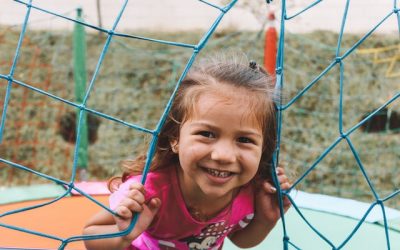This important study, published in Pediatrics, the official journal of the American Academy of Pediatrics, is the first national large scale study to compare mental health and physical health of foster kids with the general population, including children in economically disadvantaged families. It found kids in foster care are:
* Seven times as likely to experience depression
* Six times as likely to exhibit behavioral problems
* Five times as likely to feel anxiety
* Three times as likely to have attention deficit disorder, hearing impairments and vision issues
* Twice as likely to suffer from learning disabilities, developmental delays, asthma, obesity and speech problems
Most likely, this will not surprise foster or adoptive parents, but is good to have what we suspected affirmed by research. What to do about the issue is the next question. Luckily, another study on the general population can help us with that, the Adverse Childhood Experiences Study, or ACEs.
Understanding ACEs can be tremendously helpful in providing for what foster and adopted children and youth need to heal from past trauma and loss. In short, the ACE study found 10 types of trauma that can impact the health of children, often into adulthood. Having loving, supportive relationships has proven to be one of the most important factors in helping someone with a high ACE score. If you are not familiar with ACEs, click here for a quick ACEs primer. While you are at the site, sign up for their newsletter – you will get resources to help you work with your foster and/or adopt children and youth on a regular basis.
One result of the work done regarding the ACEs is that we know it is better to respond to rather than react to a child’s behavior. The ACEs showed us how much more effective it is to look beyond a child’s behavior and understand what need the child’s behavior is showing us. When we do this, a child feels heard, cared about and can begin the process of healing. The action of meeting the child’s need can also strengthen the relationship between the child/youth and the adult. And that is where we want to get to! Dr. Bruce Perry states “…there’s no better biological interaction that you can have than a relationship. It’s much more of a biological intervention to form a relationship with someone in therapy than it is to give him or her a pill. Relationships are the absolute heart of humanity, and we are neurobiologically designed to be in relationships.” Juli Alvarado of the Alvarado Consulting & Treatment Group says “The pivotal factor in the array of ‘interventions’ for ‘our’ children, remains relationship. If you cannot authentically relate, attune yourself to another and share the experience, you simply cannot provide effective intervention It is not about degrees, license or letters after your name. Healing happens in relationship”.
What does it all mean for foster and adopt families? Children need us to respond to and meet their needs with love and non-judgment, not react to their behaviors. That’s when the healing begins. Is this easy? Not usually, but! It can get easier, the more we learn and practice what science is teaching us about the mind, trauma and healing! If you need help getting started or more resources, feel free to contact us at (808) 540-2543.





